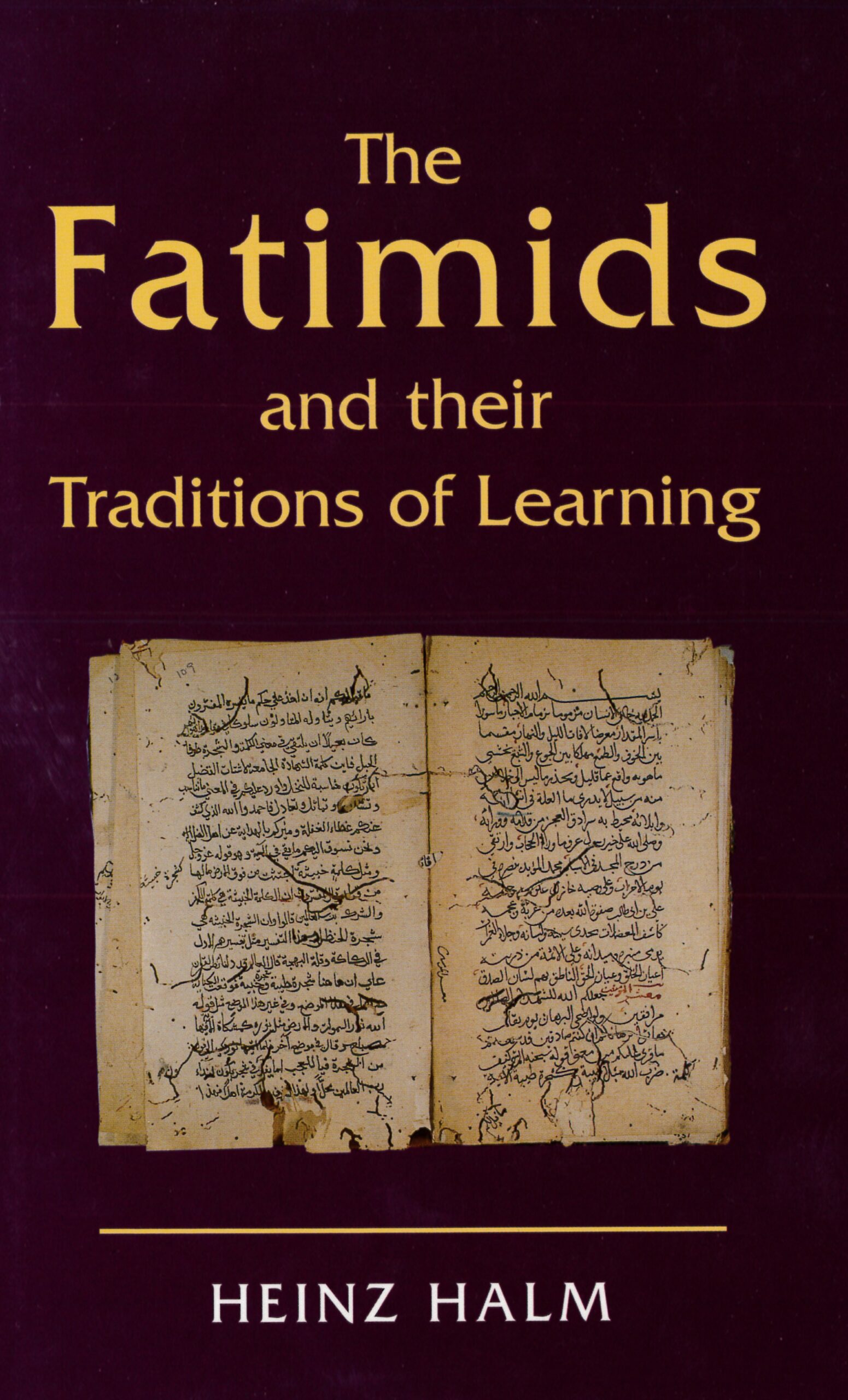The Fatimid period was the golden age of Ismaili thought and literature, when the Shiʿite Ismaili Imams ruled over the vast areas of the Muslim world as the Fatimid caliphs and the IsmailisAdherents of a branch of Shi’i Islam that considers Ismail, the eldest son of the Shi’i Imam Jaʿfar al-Ṣādiq (d. 765), as his successor. made important contributions to Islamic civilization.
In this book, Heinz Halm investigates from a historical perspective the intellectual traditions that developed among the Ismailis from the rise of the Fatimid state in North Africa to the cultural brilliance of what the author calls ‘one of the great eras in Egyptian history and in Islamic history in general.’
The topics discussed include the training of the Ismaili dāʿīs or missionaries, the establishment of academic institutions such as al-AzharA major mosque and institution of learning founded in Cairo by the Fatimid Imam-caliph al-Muʿizz (d. 975). and the Dār al-ʿIlmLit. ‘House of Knowledge,’ an institution of learning established in Cairo by the Fatimid Imam-Caliph al-Ḥākim (d. 1021). See also Dar al-Ḥikma. (House of Knowledge) through which the FatimidsMajor Muslim dynasty of Ismaili caliphs in North Africa (from 909) and later in Egypt (973–1171) More encouraged learning, and the special ‘sessions of wisdom’ (majālisPl. of majlis; a term which literally means ‘a place to sit’ and refers to any formal gathering or assembly of peoples. al-ḥikma) for advanced instruction in Ismaili esoteric teachings.
Preface
Introduction
1. The Ismaili Mission and the Fatimid Caliphate
2. The Mission of the dāʿīLit. ‘summoner,’ a term for missionary amongst various Muslim communities, especially used among the Ismailis before and during the Fatimid period as well as in the Alamut period of Ismaili…s and the ‘Teaching Sessions’
3. The Fatimids in Egypt
4. Ismaili Teaching and Learning: ẓāhirThe outward, apparent or exoteric meaning of a sacred text, ritual or religious prescriptions, from which the bāṭin is educed. and bāṭinThe inner or esoteric meaning of a sacred text, ritual or religious prescription, often contrasted with ẓāhir. See also bāṭinī taʾwīl and Bāṭiniyya.
5. The Organisation of the daʿwaLit. ‘summons’, ‘mission’ or invitation to Islam. Amongst Shi’i Muslims, it was the invitation to adopt the cause of the Imamat. It also refers more specifically to the hierarchy of…
6. Al–Ḥākim’s ‘House of Knowledge’
7. Scientific Institutions under the Fatimids
Epilogue
Notes
Select Bibliography
Index
Heinz Halm is Professor of Islamic history at the University of Tubingen and Editor of Die Welt des Orients. A leading German Islamicist and an authority in Ismaili studies, he is author of numerous books, including Kosmologie und Heilslehre der frühen Isma’iliya (Wiesbaden, 1978), Die islamische Gnosis (Zurich, 1982), Shiism (Islamic Surveys, Edinburgh 1991), and The Empire of the Mahdi: The Rise of the Fatimids (Leiden, 1996).

